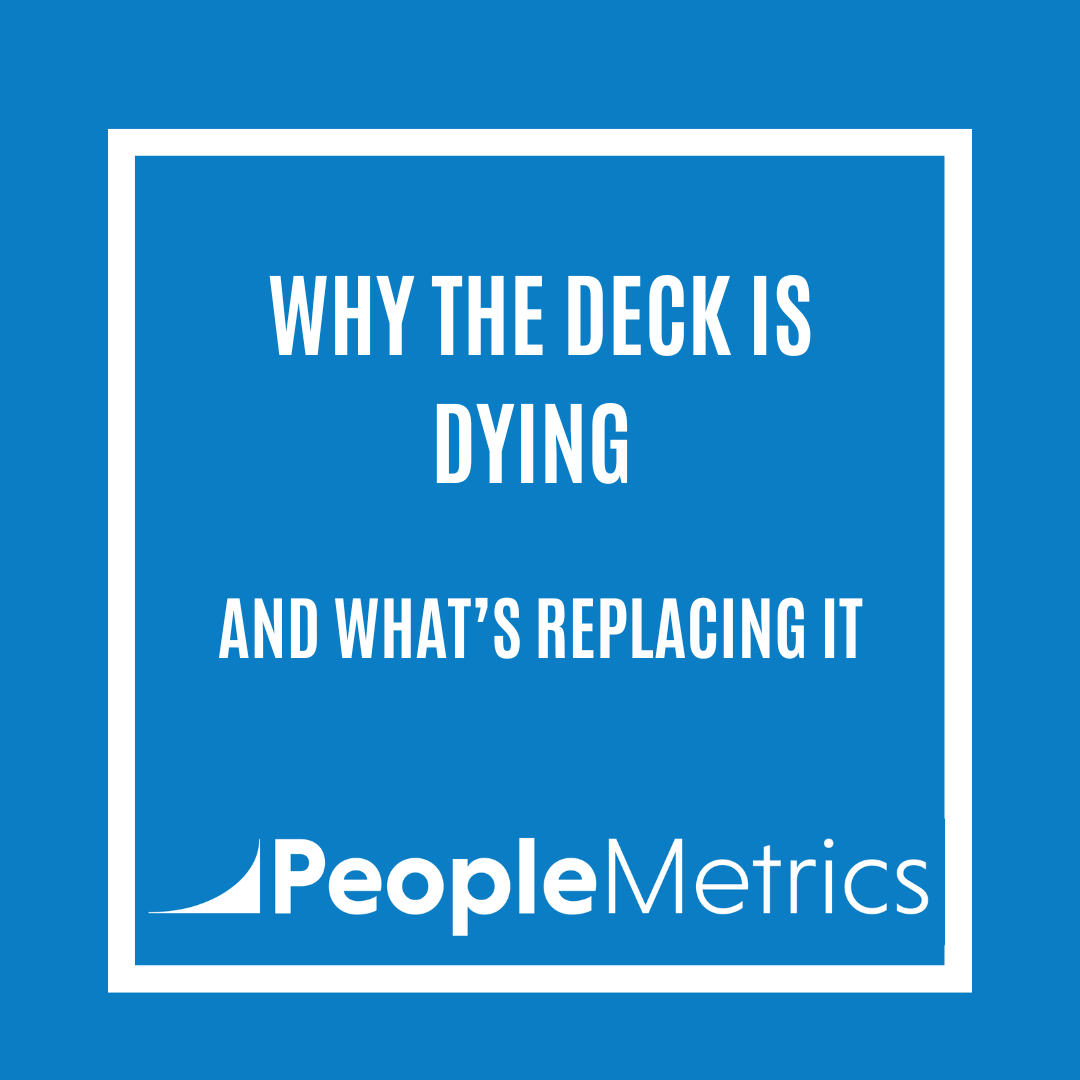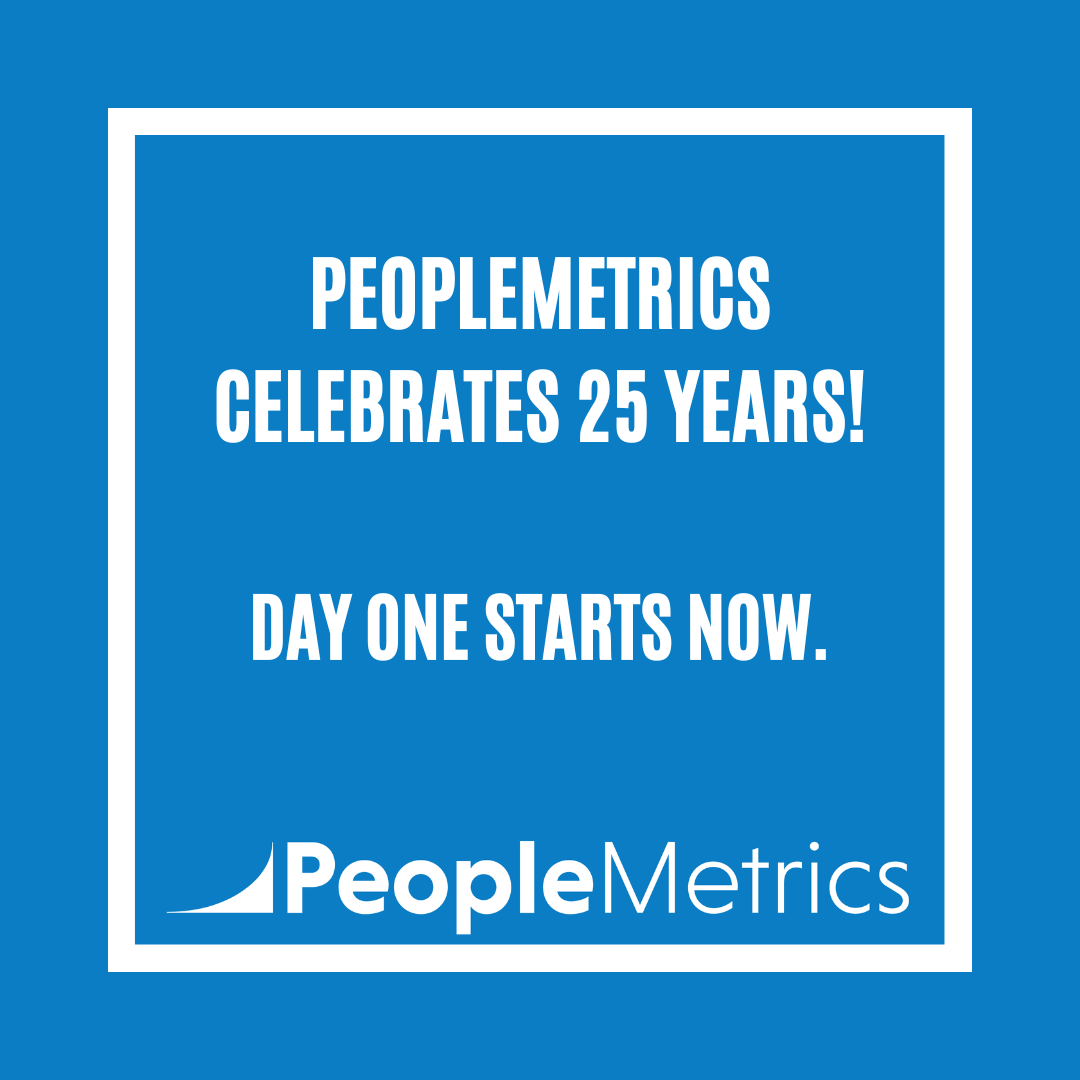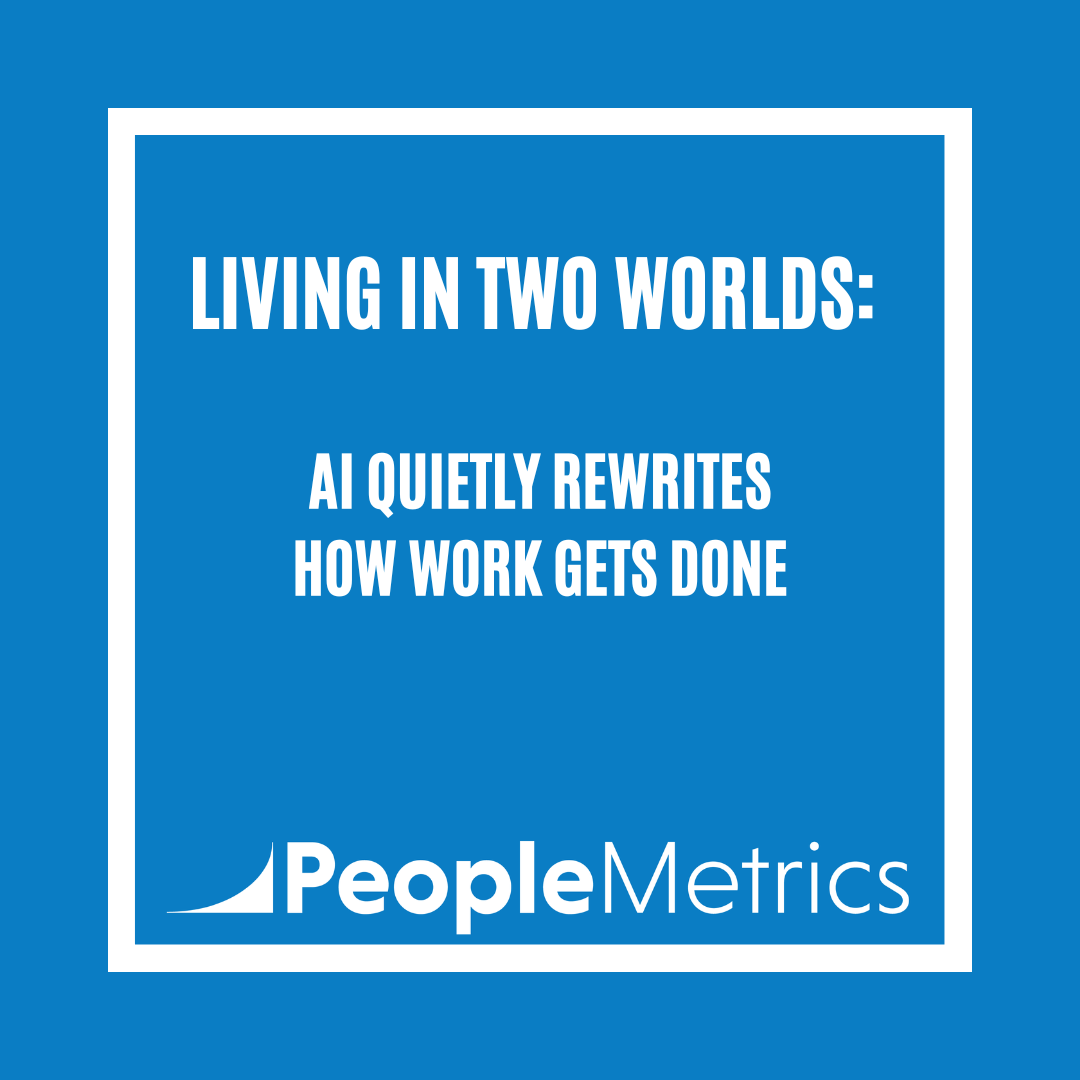Every insights professional knows the pattern. You spend weeks gathering data, hearing from customers, and shaping the story. Then you put it into a long PowerPoint because that’s the format everyone expects. You present forty or fifty slides (maybe more), watching the room slowly lose energy. The insight is strong, but the format drags it down. The deck flattens the emotion and dulls the story.
It has always been that way because the deck wasn’t designed to make insights come alive. It was designed to document information.
This week’s AI Signal showed me how quickly this reality is changing. Tools like Gamma are giving us a new way to communicate insights, one that matches the way people absorb information today. Gamma lets us tell stories without fighting the mechanics of slide-building. It creates clean, modern visuals automatically. It gives the insight room to breathe, which is something PowerPoint has never done well. Instead of squeezing meaning into boxes on a slide, we can let the story flow the way we intended with beautiful graphics that people can emotionally connect with.
And when we combine Gamma with the other tools emerging, such as Lovable for quick visual concepts, customer avatars that bring a persona to life, short customer reels that capture emotion, or even NotebookLM for deeper understanding before the story is even formed, we get something entirely new. Insights start to feel like experiences, not deliverables. They become moments that clients react to emotionally instead of intellectually. They become things people remember!
The deck is dying because it no longer matches how people think, learn, or make decisions. It’s too slow, too dense, and too disconnected from the emotional reality of customers. Companies today want clarity and connection. They want to understand what matters quickly, and they want to feel the customer’s world, not read about it in twelve-point font.
The future of insights communication is going to look much more like storytelling, film, design, and conversation. It will be short, visual, and emotional. It will use movement, sound, and imagery. It will show the customer, not describe them. It will highlight the moment that matters, not bury it. And it will keep people’s attention long enough for the insight to make an impact.
This isn’t a small shift. It’s a complete rethinking of how insights should be experienced. The teams that move beyond the deck and embrace more modern, expressive formats will have a real advantage.
Because insights only create change when people feel them. And we’re finally getting the tools that make that possible!





